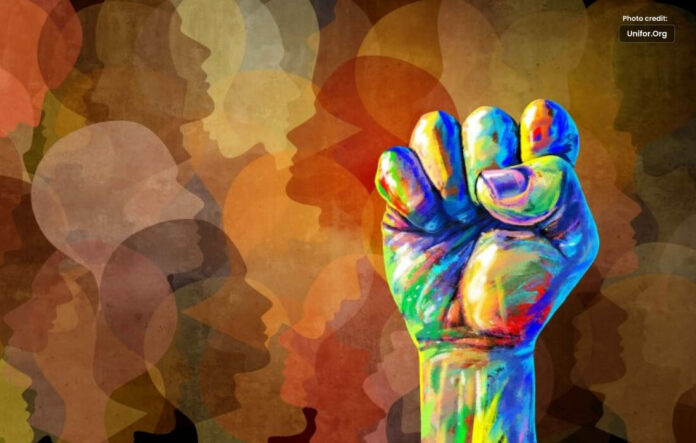Explore the pressing issues surrounding human rights in today’s world
In a world that often experiences conflicts, inequalities, and injustices, the concept of human rights serves as a beacon of hope and a reminder of our shared humanity. Human rights are fundamental to the well-being and dignity of every individual. Moreover they provide a framework for a just and equitable society where people can live without fear, discrimination, or oppression. Further, we will delve into the significance, history, and contemporary challenges surrounding human rights.
Understanding Human Rights
What Are Human Rights?
Human rights are the basic rights and freedoms that belong to every person, regardless of their nationality, ethnicity, religion, or any other characteristic. These rights are inherent to being human and are often consider inalienable. They encompass a wide range of principles, including the right to life, liberty, and security, freedom from torture and also discrimination, and the right to education and healthcare.
Historical Evolution
The idea of human rights can be traced back through history, with various civilizations and thinkers advocating for the dignity and rights of individuals. However, the modern concept of human rights emerge in the 20th century as a response to the atrocities of World War II. The Universal Declaration of Human Rights was adopted by the United Nations in 1948, laying down a comprehensive set of rights that all people should enjoy.
The Significance of Human Rights
Dignity and Equality: Human rights acknowledge the inherent worth and also equal rights of every person. They promote a society where individuals are treated with respect and dignity, regardless of their background.
Protection from Abuse: Human rights provide safeguards against abuses of power by governments, institutions, and individuals. They serve as a check on authoritarianism and oppression.
Rule of Law: Respecting human rights is an integral part of the rule of law. It ensures that laws are apply fairly and justly, and that legal systems protect the rights of individuals.
Peace and Stability: Countries that uphold human rights tend to be more stable and peaceful. By addressing social and economic inequalities, they can reduce the potential for conflict.
Challenges in Today’s World
While human rights have made significant strides, challenges persist. Issues such as discrimination, systemic inequalities, political repression, and arm conflicts continue to infringe upon people’s rights. The struggle to protect and uphold human rights is an ongoing battle that requires collective global efforts.
Discrimination and Inequality: Discrimination base on race, gender, religion, sexual orientation, and other factors remains a critical issue in many societies.
Refugee and Migrant Rights: The plight of refugees and migrants who often face violence, displacement, and a lack of protection is a pressing concern.
Freedom of Expression: In some regions, freedom of expression is in limit and journalists and activists are at risk for speaking out against injustices.
Environmental Rights: The impact of climate change and environmental degradation disproportionately affects vulnerable populations, requiring consideration as a human rights issue.
Environmental Rights
As the world grapples with climate change and environmental degradation, the Pakistan news today highlights the importance of environmental rights. Access to clean air and water is a fundamental human right, and addressing environmental challenges is crucial for safeguarding these rights for future generations
Our Responsibility
Protecting human rights is not the sole responsibility of governments or organizations. It is a share responsibility that extends to each individual. Awareness, advocacy, and also education are essential tools in promoting and protecting human rights. We must be vigilant and proactive in upholding these rights and advocating for those who are at risk of having them violate.
In conclusion, human rights are the bedrock of a just and equitable society. Basically they are a testament to our commitment to preserving the dignity, equality, and freedoms of every individual. While challenges persist, our dedication to upholding these rights is crucial for a better world, where the principles of justice, fairness, and compassion are upheld for all.




